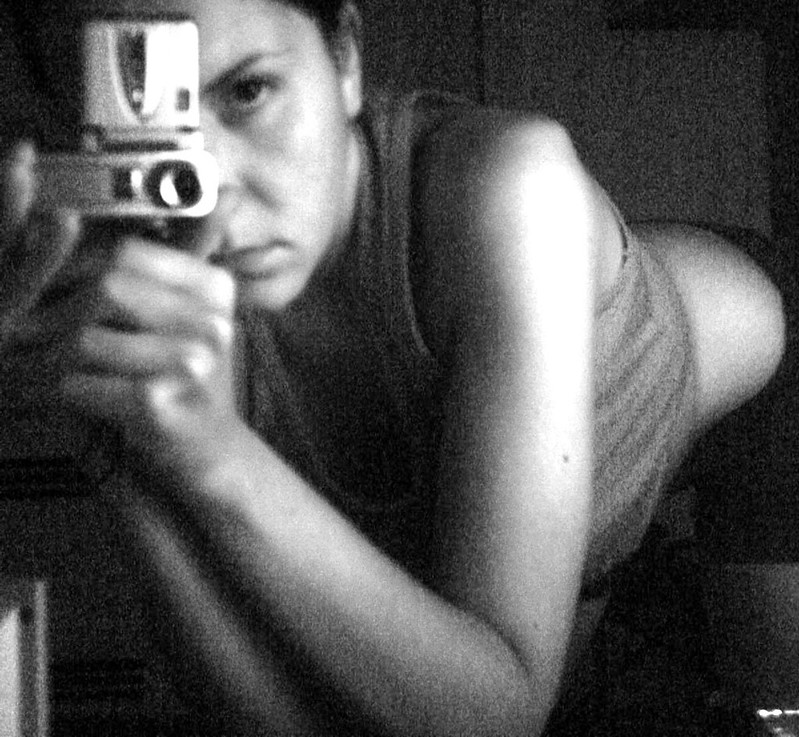Archive for October, 2020
Do you have a problem?
 If it’s your problem, fix it. If it’s not your problem, let someone else fix it.
If it’s your problem, fix it. If it’s not your problem, let someone else fix it.
If you fix someone else’s problem, you prevent the organization from fixing the root cause.
If you see a problem, say something.
If you see a problem, you have an obligation to do something, but not an obligation to fix it.
If someone tries to give you their stinky problem and you don’t accept it, it’s still theirs.
If you think the problem is a symptom of a bigger problem, fixing the small problem doesn’t fix anything.
If someone isn’t solving their problem, maybe they don’t know they have a problem.
If someone you care about has a problem, help them.
If someone you don’t care about has a problem, help them, too.
If you don’t have a problem, there can be no progress.
If you make progress, you likely solved a problem.
If you create the right problem the right way, you presuppose the right solution.
If you create the right problem in the right way, the right people will have to solve it.
If you want to create a compelling solution, shine a light on a compelling problem.
If there’s a big problem but no one wants to admit it, do the work that makes it look like the car crash it is.
If you shine a light on a big problem, the owner of the problem won’t like it.
If you shine a light on a big problem, make sure you’re in a position to help the problem owner.
If you’re not willing to contribute to solving the problem, you have no right to shine a light on it.
If you can’t solve the problem, it’s because you’ve defined it poorly.
Problem definition is problem-solving.
If you don’t have a problem, there’s no problem.
And if there’s no problem, there can be no solution. And that’s a big problem.
If you don’t have a problem, how can you have a solution?
If you want to create the right problem, create one that tugs on the ego.
If you want to shine a light on an ego-threatening problem, make it as compelling as a car crash – skid marks and all.
If shining a light on a problem will make someone look bad, give them an opportunity to own it, and then turn on the lights.
If shining a light on a problem will make someone look bad, so be it.
If it’s not your problem, keep your hands in your pockets or it will become your problem.
But no one can give you their problem without your consent.
If you’re damned if you do and damned if you don’t, the problem at hand isn’t your biggest problem.
If you see a problem but it’s not yours to fix, you’re not obliged to fix it, but you are obliged to shine a light on it.
When it comes to problems, when you see something, say something.
But, if shining a light on a big problem is a problem, well, you have a bigger problem.
“No Problem!” by Andy Morffew is licensed under CC BY 2.0
How to Know if Your Idea is Novel
 When your idea is novel, no one will steal it. No NDA required.
When your idea is novel, no one will steal it. No NDA required.
If your idea is truly novel, no one will value it. And that’s how you’ll know it’s novel.
When your idea is novel, no one will adopt it. This isn’t much of a stretch as, due to not-invented-here (NIH), no one will adopt anyone else’s idea – novel or not.
When your idea is novel, it will be misunderstood, even by you.
When your idea is novel, it will evolve into something else and then something else. And then it might be ready for Prime Time.
Novel ideas are like orchids – they need love beyond the worth of their blossom.
If your idea hasn’t failed three times, it’s not worth a damn.
The gestation period for novel ideas is long; if it comes together quickly, it’s not novel.
The best way to understand your novel idea is to make a prototype. And then another one.
Your first novel idea won’t work, but it will inform the next iteration. And that one won’t work either, and the cycle continues. But that’s how it goes with novel ideas.
If everyone likes your novel idea, it isn’t novel.
If no one likes your novel idea, you may be on to something.
If you’re not misunderstood, you’re doing it wrong.
If your dog likes your idea, you can’t say much because he loves you unconditionally and will always tell you what you want to hear.
If you think your novel idea will create a whole new product line in two years, your timeline is off by a factor of three, or five.
If your most successful business unit tries to squash your novel idea it’s because it threatens them. Stomp on the accelerator.
When you are known to give air cover to novel ideas, the best people want to work for you.
“it seemed like a good idea at the time” by woodleywonderworks is licensed under CC BY 2.0
How To Know If You Are Trusted
When you have trust, people tell you the truth.
When you don’t have trust, people tell you what you want to hear.
When you have trust, people tell you when others tell you what you want to hear.
When you don’t have trust, people watch others tell you what you want to hear.
When you have trust, you can talk about the inconvenient truth.
When you don’t have trust, you can’t.
When you have trust, you can ask for something unreasonable and people try to do it.
When you don’t have trust, they don’t.
When you have trust, you don’t need organizational power.
When you have organizational power, you better have trust.
When you have trust, you can violate the rules of success.
When you don’t have trust, you must toe the line.
When you have trust, you can go deep into the organization to get things done.
When you don’t have trust, you go to the managers and cross your fingers.
When you have trust, cross-organization alignment emerges mysteriously from the mist.
When you don’t have trust, you create a steering team.
When you do have trust, the Trust Network does whatever it takes.
When you don’t have trust, people work the rule.
When you have trust, you do what’s right.
When you don’t have trust, you do what you’re told.
When you have trust, you don’t need a corporate initiative because people do what you ask.
When you don’t have trust, you need a dedicated team to run your corporate initiatives.
When you have trust, you don’t need control.
When you don’t have trust, control works until you get tired.
When you have trust, productivity soars because people decide what to do and do it.
When you don’t have trust, your bandwidth limits productivity because you make all the decisions.
When you have trust, you send a team member to the meeting and empower them to speak for you.
When you don’t have trust, you call the meeting, you do the talking, and everyone else listens.
When you have trust, it’s because you’ve earned it.
When you don’t have trust, it’s because you haven’t.
If I had to choose between trust and control, I’d choose trust.
Trust is more powerful than control.
Image credit — “Hawk Conservancy Trust, Andover” by MarilynJane is licensed under CC BY 2.0
The truth can set you free, but only if you tell it.
Your truth is what you see. Your truth is what you think. Your truth is what feel. Your truth is what you say. Your truth is what you do.
If you see something, say something.
If no one wants to hear it, that’s on them.
If your truth differs from common believe, I want to hear it.
If your truth differs from common believe and no one wants to hear it, that’s troubling.
If you don’t speak your truth, that’s on you.
If you speak it and they dismiss it, that’s on them.
Your truth is your truth, and no one can take that away from you.
When someone tries to take your truth from you, shame on them.
Your truth is your truth. Full stop.
And even if it turns out to be misaligned with how things are, it’s still your responsibility to tell it.
If your company makes it difficult for you to speak your truth, you’re still obliged to speak it.
If your company makes it difficult for you to speak your truth, they don’t value you.
When your truth turns out to be misaligned with how things are, thank you for telling it.
You’ve provided a valuable perspective that helped us see things more clearly.
If you’re striving for your next promotion, it can be difficult to speak your dissenting truth.
If it’s difficult to speak your dissenting truth, instead of promotion, think relocation.
If you feel you must yell your dissenting truth, you’re not confident in it.
If you’re confident in your truth and you still feel you must yell it, you have a bigger problem.
When you know your truth is standing on bedrock, there’s no need to argue.
When someone argues with your bedrock truth, that’s a problem for them.
If you can put your hand over mouth and point to your truth, you have bedrock truth.
When you write a report grounded in bedrock truth, it’s the same as putting your hand over your mouth and pointing to the truth.
If you speak your truth and it doesn’t bring about the change you want, sometimes that happens.
And sometimes it brings about its opposite.
Your truth doesn’t have to be right to be useful.
But for your truth to be useful, you must be uncompromising with it.
You don’t have to know why you believe your truth; you just have to believe it.
It’s not your responsibility to make others believe your truth; it’s your responsibility to tell it.
When your truth contradicts success, expect dismissal and disbelief.
When your truth meets with dismissal and disbelief, you may be onto something.
Tomorrow’s truth will likely be different than today’s.
But you don’t have a responsibility to be consistent; you have a responsibility to the truth.
image credit — “the eyes of truth r always watching u” by TheAlieness GiselaGiardino²³ is licensed under CC BY-SA 2.0


 Mike Shipulski
Mike Shipulski